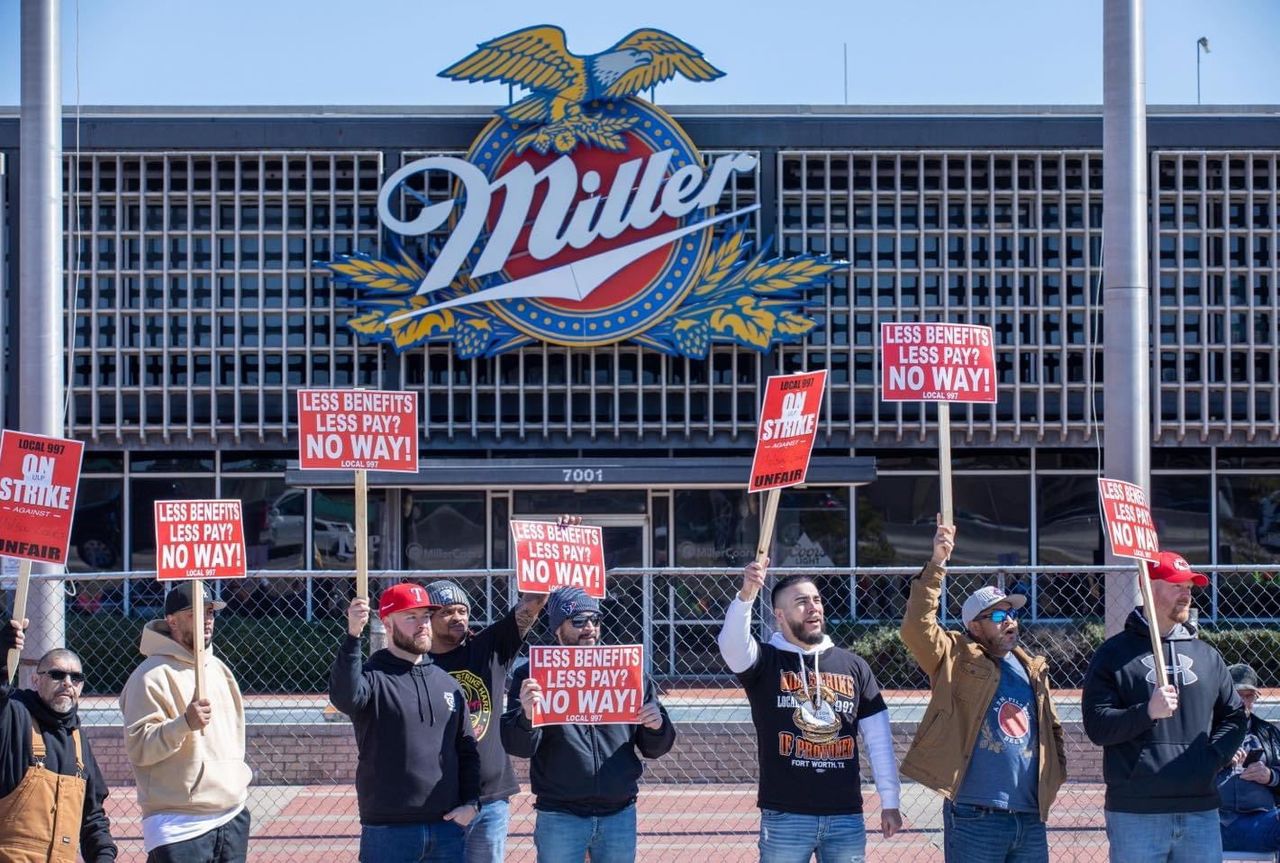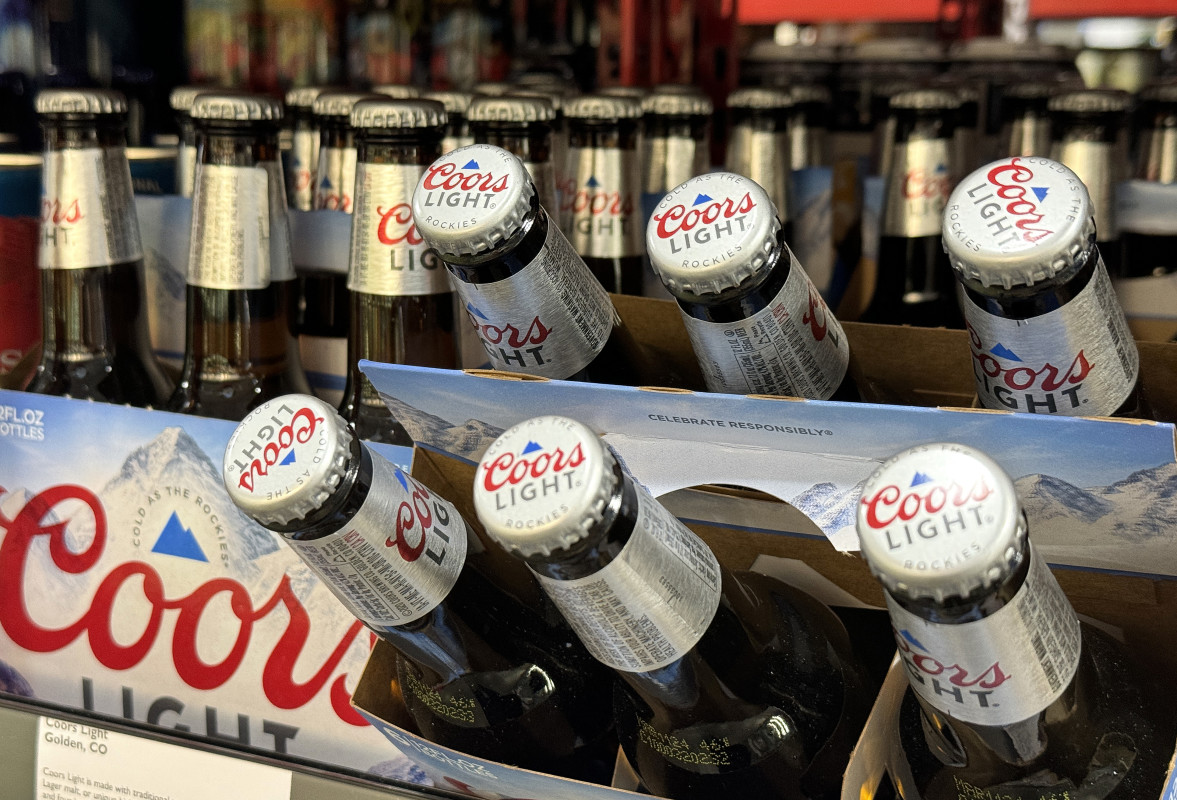As the March Madness season unfolds, a popular beer company finds itself amid a brewing storm. Molson Coors, a beverage giant known for its iconic beer brands such as Miller Lite, Blue Moon, and Coors Lite, is facing a boycott call that echoes a familiar refrain in the beverage industry. The International Brotherhood of Teamsters has urged consumers to shun Molson Coors products amid a contentious labor dispute.

The heart of the conflict lies in the company’s negotiation with union workers over wage increases. Representing approximately 420 workers at a Texas brewery, the Teamsters have been vocal about their dissatisfaction. Since February 17, these workers have been on strike, challenging Molson Coors’ proposal of less than $1 per hour in wage increases as part of a new three-year contract.
Despite 41 days of striking and resumed negotiations, the union’s efforts to secure a fair deal have been met with an offer they describe as a mere “nickel more in wages” over the original proposal. Jeff Padellaro, director of the Teamsters Brewery, Bakery, and Soft Drink Conference, did not mince words when criticizing Molson Coors’ stance.
“Molson Coors brought in $12 billion last year, and they have the nerve to sit across from us at the bargaining table and offer workers who made them that money a nickel more in wages,” he stated. This sentiment underscores a deep-rooted frustration among the workers who contribute significantly to the company’s success.
Teamsters want boycott of Molson Coors as labor struggle continueshttps://t.co/YqHmMW06TG pic.twitter.com/IY8Zw2sU1t
— The Washington Times (@WashTimes) April 2, 2024
The Wider Impact: Molson Coors
The boycott call is not limited to mere rhetoric. The Teamsters have committed to mobilizing support in key cities such as Detroit and Boston, aiming to leverage the high-visibility March Madness season to make their case.
In a bold move, the union even reached out to Congress, advocating for lawmakers to eschew Molson Coors products in favor of alternatives from Anheuser-Busch, praised for its fair treatment of employees.
This labor dispute arrives on the heels of Anheuser-Busch’s challenges with its unionized workforce. However, a tentative agreement reached in February between Anheuser-Busch and its workers, offering increased pay and improved benefits, stands in stark contrast to the ongoing deadlock at Molson Coors.
This difference highlights a broader dialogue about labor rights and fair compensation in the industry.

A Lesson from History: The Power of a Boycott
The potential impact of a boycott on Molson Coors cannot be understated. The beverage industry witnessed the tangible effects of consumer activism last year when Bud Light faced backlash over a social media campaign.
The resulting boycott not only dethroned Bud Light as the top-selling beer brand in the U.S. but also led to a significant financial downturn for Anheuser-Busch. As Molson Coors navigates these troubled waters, the outcome of this dispute could serve as a bellwether for the future of labor relations in the beverage industry.
The company’s response to the Teamsters’ demands, and the efficacy of the proposed boycott, will undoubtedly be closely watched by industry observers and consumers alike. In a season filled with competition not only on the basketball court but also in the court of public opinion, the stakes for Molson Coors have never been higher.










